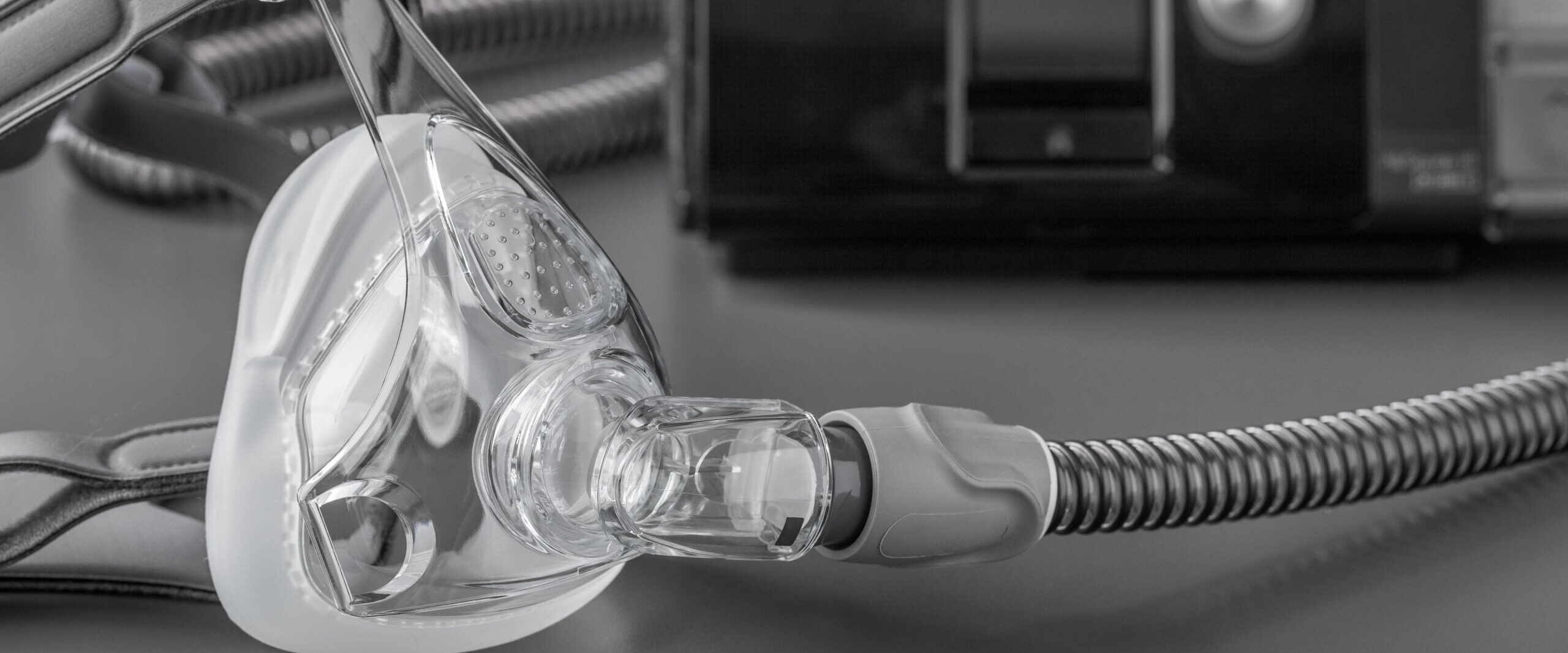
Understanding CPAP and Sleep Apnea: A Lifesaving Partnership
Sleep apnea is a serious sleep disorder that affects millions of people worldwide. Characterized by repeated interruptions in breathing during sleep, sleep apnea can lead to numerous health problems, including heart disease, stroke, and diabetes. The good news is that effective treatments are available, with Continuous Positive Airway Pressure (CPAP) therapy being one of the most widely recommended. This blog will explore the relationship between CPAP and sleep apnea and provide a comprehensive understanding of how CPAP therapy can significantly improve your quality of life.
What is Sleep Apnea?
Sleep apnea occurs when the muscles in the throat relax excessively during sleep, leading to a temporary blockage of the airway. This interruption in breathing can last for a few seconds to minutes and may occur multiple times throughout the night. The two main types of sleep apnea are:
- Obstructive Sleep Apnea (OSA): The more common form, caused by a physical blockage of the airway.
- Central Sleep Apnea (CSA): Caused by the brain’s failure to send proper signals to the muscles that control breathing.
Common symptoms of sleep apnea include loud snoring, choking or gasping during sleep, excessive daytime sleepiness, and difficulty concentrating.
How Does CPAP Therapy Work?
CPAP therapy involves using a machine that delivers a steady stream of air through a mask worn over the nose or mouth. This continuous air pressure helps keep the airway open, preventing the interruptions in breathing that characterize sleep apnea. The benefits of CPAP therapy include:
- Improved Sleep Quality: By keeping the airway open, CPAP therapy allows for uninterrupted sleep, leading to more restful and restorative nights.
- Reduced Risk of Health Problems: Effective management of sleep apnea can lower the risk of associated health issues, such as high blood pressure, heart disease, and stroke.
- Enhanced Daytime Functioning: Better sleep quality translates to increased energy levels, improved concentration, and overall better daytime functioning.
Tips for Successful CPAP Therapy
While CPAP therapy is highly effective, some users may find it challenging to adjust. Here are a few tips to help you get the most out of your CPAP therapy:
- Choose the Right Equipment: Selecting the right CPAP machine and mask is crucial. Ensure that the mask fits well and is comfortable, as an ill-fitting mask can lead to air leaks and discomfort.
- Maintain Your Equipment: Regular cleaning and maintenance of your CPAP machine and mask can prevent infections and ensure optimal performance.
- Gradual Adjustment: Start by using your CPAP machine for short periods while awake to get used to the sensation. Gradually increase the duration until you can wear it throughout the night.
- Seek Support: Don’t hesitate to reach out to healthcare professionals, support groups, or online communities for advice and encouragement.
Are you or a loved one struggling with sleep apnea? Do you want to learn more about CPAP therapy and how it can improve your health and quality of life?
Join us for our upcoming webinar, “Understanding CPAP Therapy: A Comprehensive Guide to Managing Sleep Apnea.” In this webinar, sleep specialists will provide expert insights, practical tips, and real-life success stories to help you navigate your journey with sleep apnea and CPAP therapy.
Don’t miss this opportunity to take control of your sleep health. Register now and breathe easier, sleep better, and live healthier!
